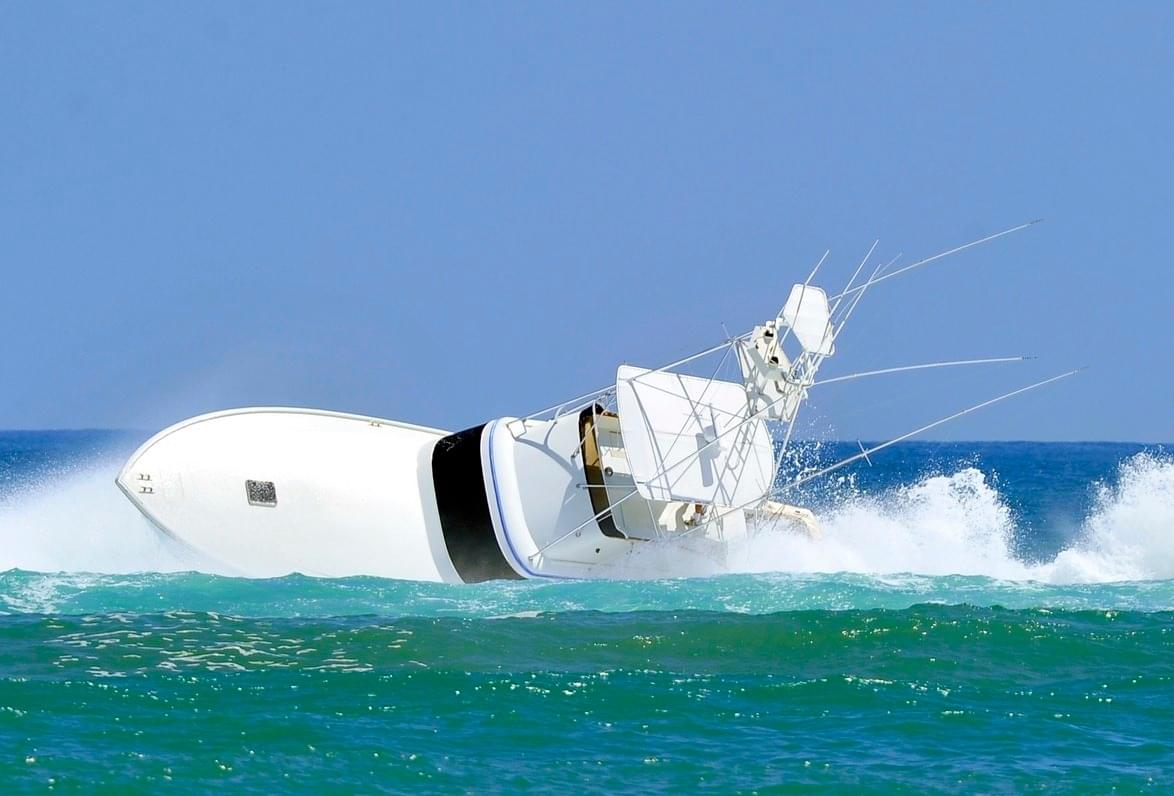
Injured in a Boat Accident?
If you have been in a boat accident, it is important to take care of your safety and well-being first. This may include seeking medical attention if you are injured, or finding a safe place to stay if you are stranded.
Get Free Consultation
Boating Accident Lawyer


What If I Signed a Liability Waiver?

Liability waivers are common in many industries were paying customers to assume a degree of risk to partake in a paid activity. For example, attending a day cruise may require signing a liability waiver stating that you agree not to file a lawsuit against the operator in the event of an accident. These waivers rarely hold up in court, especially in cases involving negligence.
A company that offers recreational boating as a paid attraction may ask customers to sign liability waivers before commencing the activity, but the operator still has a duty of care to take reasonable steps to ensure patron safety. Florida state law sometimes enforces liability waivers, but only if the operator meets specific legal criteria. If the operator or owner of a water-based attraction did not meet his or her requirements, the liability waiver will not hold up in court.

Types of Damages in a Boat Accident

Accidental drowning can occur as a result of a boating accident, especially when head traumas in the crash render a person unconscious in the water. Some boating injuries in Florida have even resulted in death.
About Our Firm


Client Testimonials

- Fred Segal

- Jennifer Burgos

- Rosalind Echevarria
©2025 Chalik & Chalik Injury and Accident Lawyers. | All Rights Reserved
Privacy Policy and Terms
This site is not a part of the Google website or Google LLC. Additionally, This site is NOT endorsed by Google in any way.
GOOGLE is a trademark of Google, LLC. Website Development for Cruise/Boating Accidents Lawyer and Pay Per Click for Cruise/Boating Accidents Lawyer by DiscoverMyBusiness.